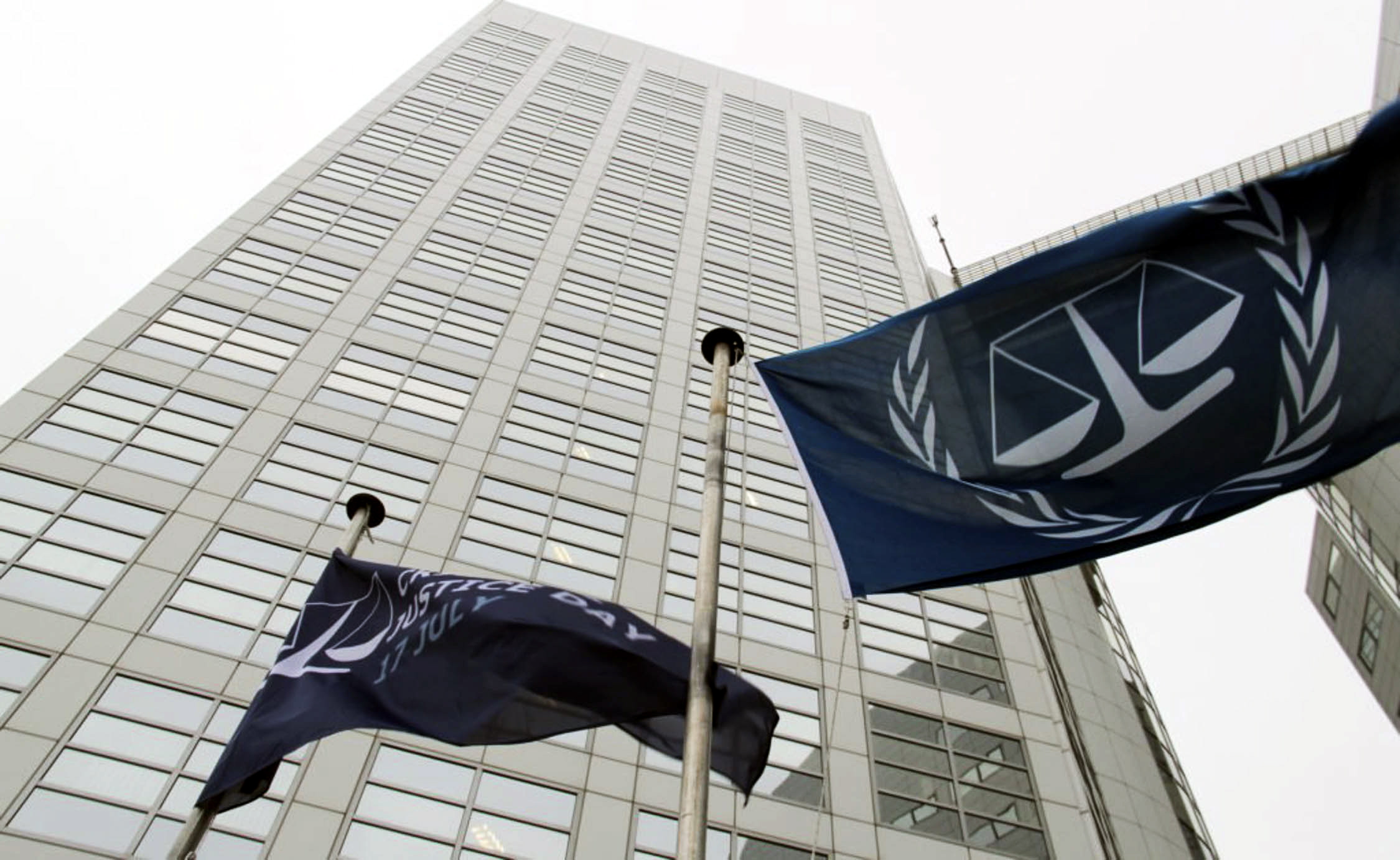
VANGUARD OF JUSTICE The International Criminal Court (ICC) in The Hague is investigating the extrajudicial killings related to the drug war in the Philippines from Nov. 1, 2011, to March 16, 2019, when Rodrigo Duterte served as Davao City mayor and Philippine president. —ICC PHOTO
MANILA, Philippines — The House of Representatives’ quad committee will not submit its findings on extrajudicial killings (EJKs) during the Duterte administration’s drug war to the International Criminal Court (ICC), according to Surigao del Norte 2nd District Rep. Ace Barbers.
Barbers expressed support for President Ferdinand “Bongbong” Marcos Jr.’s administration, which rejects calls to submit the quad comm’s documents to the international court, also currently investigating EJKs.
“Our stand, my personal stand on this issue, is since we are not members of the ICC and the President has made his statement as to his position with the ICC, I will support that decision,” the quad comm panel chair said in an interview over Kapihan sa Manila Bay on Wednesday.
READ: ‘No ICC comeback for PH’ despite Garma’s drug war exposé – Bersamin
“We do not provide documents or transcripts made by the quad comm in relation to the EJKs so the ICC can use them, because again, we are not members of ICC, we are following the statement of the President and we will stick to that,” he added.
But Barbers pointed out that the ICC can access the records and other information related to the quad comm’s ongoing investigation through the lower chamber’s social media accounts.
“If they want to have access to records or access the information on the investigation, the ICC can go to all social media platforms. It’s a public record, they can access that anytime, and we will not stop them from doing that,” he said.
READ: Marcos urged to submit to ICC sworn EJK statements of Garma, Espinosa
During the recent hearing, retired police colonel Royina Garma alleged that former chief executive Rodrigo Duterte and other high-ranking officials during his administration sanctioned covert operations replicating the Davao City model of extrajudicial killings on a national scale.
Based on reports, Duterte’s war on drugs left at least 6,000 people dead; however, various human rights groups and advocates claim that the number may have reached 20,000.
Duterte and his former police chief and now Sen. Ronald “Bato” Dela Rosa were among the personalities mentioned in the crimes against humanity complaint pending before the ICC.